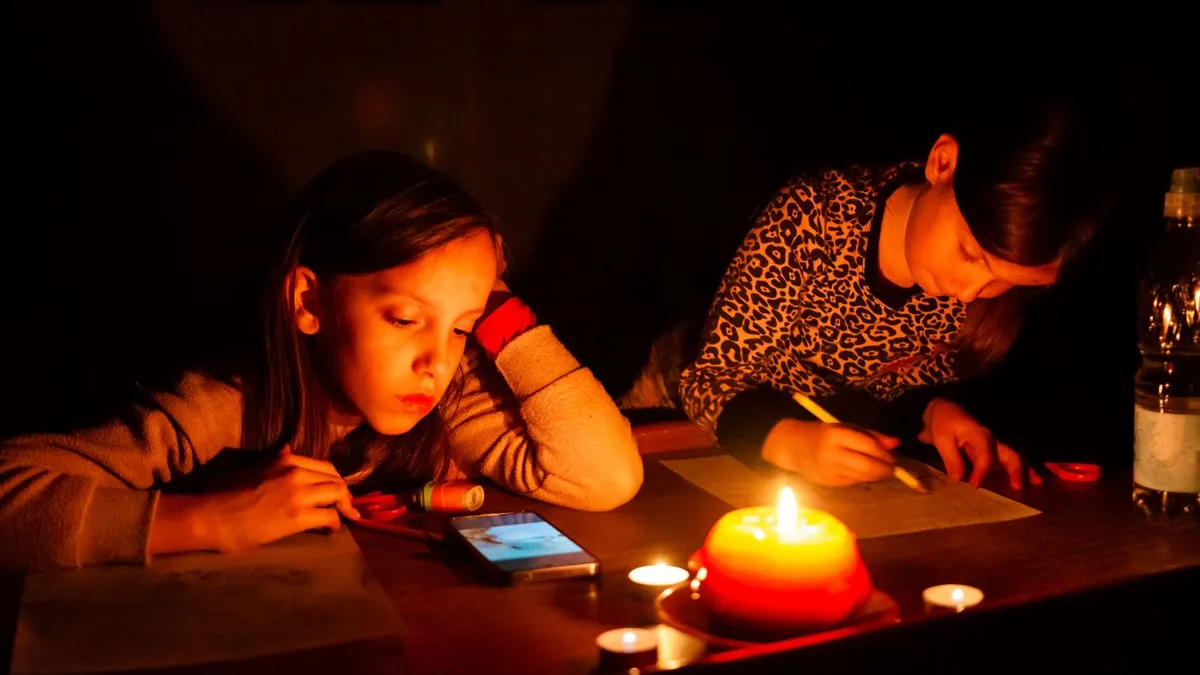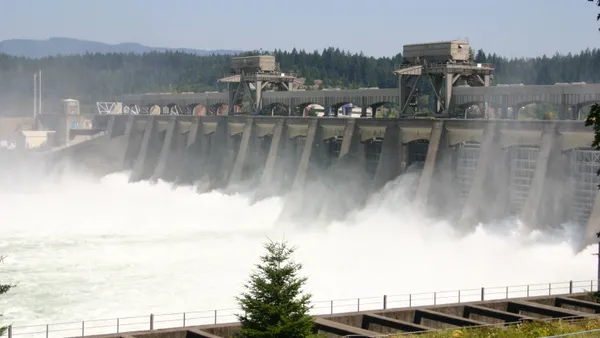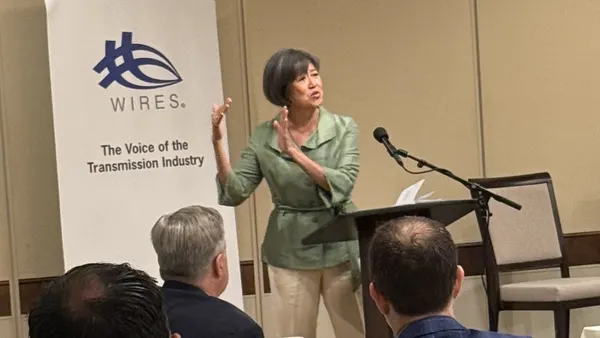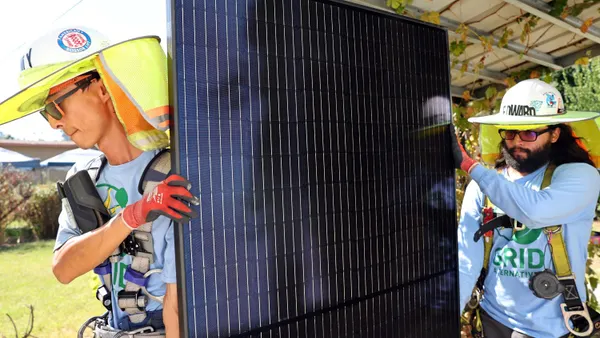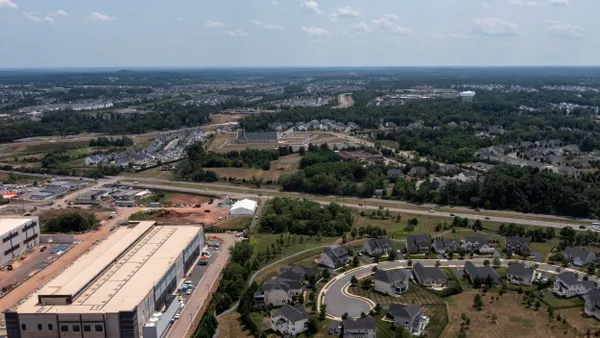Dive Brief:
- Connecticut has "multiple pathways" to achieving a 100% clean electricity system by 2040, but getting there will require wholesale market reforms alongside the addition of energy storage and demand management resources, according to the state's final 2020 Integrated Resources Plan (IRP).
- The Department of Energy and Environmental Protection (DEEP) released the plan Thursday, which also calls for the state to "maintain historic deployment levels of distributed generation" and remove barriers to participation in clean energy programs for underserved communities.
- To begin implementation of the plan, DEEP also launched stakeholder processes to consider how its procurement authority can be used for energy storage, and to seek input on potential changes to the electric sector's greenhouse gas accounting methodology.
Dive Insight:
The IRP is Connecticut's first analysis of how it can achieve a 100% clean electricity supply by 2040, a goal set by Gov. Ned Lamont, D, in 2019. Already, the system is heading towards more than 90% carbon-free status, according to the assessment.
The goal is "achievable," DEEP Commissioner Katie Dykes said in a statement, with "continued focus on regional market reform, modernized transmission, and investment in efficiency, storage, and zero carbon renewables."
The IRP found Connecticut ratepayers already support, through long-term contracts, more than 600,000 MWh/year of grid-scale renewables and more than 9 million MWh/year of nuclear resources. That's equivalent to almost 65% of the electricity delivered by the state's largest utilities, and puts them on pace to reach 92% clean electricity by 2025.
Eversource, the largest energy provider in the region, said it was still reviewing the plan but looked forward to working with state officials to "lower costs for customers, improve reliability and advance clean energy."
The state has been making progress on clean energy for years, DEEP found.
"The significant investments Connecticut has made over the years in robust clean energy and energy efficiency programs have already put the state on a strong path to achieving the 100% Zero Carbon Target," the IRP concluded. Some additional steps will be necessary, though, possibly including keeping Dominion Energy's Millstone nuclear plant online beyond its current contract.
"The retention of Millstone beyond 2029 is a critical factor in how much more and how quickly Connecticut needs to procure new clean energy additions," the IRP concluded.
DEEP in 2019 took steps to ensure Millstone would remain online for at least a decade, selecting a 10-year bid for power from the facility as part of a solicitation for carbon-free generation resources.
"Notably, when Millstone is assumed to retire at the expiration of its current contract in 2029, the region will need to fill the zero carbon electricity demand left behind," the IRP points out. Absent extension of the plant's life, the report assumes that will be met "through an additional high voltage direct current cable line importing more hydroelectricity from Canada."
The nuclear plant is "vital for the state and region achieving their environmental, reliability, and clean energy goals," Dominion said in a statement. The company added that it looks forward to working with Connecticut "to ensure Millstone continues operating beyond its current contract and helping the state achieve its decarbonization goals."
The IRP also looks at Connecticut's use of fossil fuels to maintain system stability and concluded developments in clean, dispatchable generation technology "could decrease reliance on natural gas resources as reliability resources."
The state must also "advocate for and pursue wholesale energy market reforms so that clean energy resources are deployed efficiently, cost-effectively, and costs are spread equitably," the IRP found.
Connecticut and other New England states have called for changes to the region's wholesale electricity market design, and in 2020 put forth a plan for a regionally-based market framework to assist in meeting their decarbonization mandates.
DEEP's IRP makes several recommendations for Connecticut across the next two years, including adding a 100% zero carbon goal as the planning target for the state's electric supply and completing a stakeholder process to improve solar resource siting.
Within DEEP's Microgrid and Resilience Program, the IRP recommends evaluating "how to best leverage state and federal funds for resilience planning and to build a project pipeline prior to issuing a request for project
proposals, with a focus on vulnerable communities."
The report also recommends DEEP further explore resilience planning in its upcoming comprehensive energy strategy proceeding. By law, the agency updates the strategy "periodically" to advance goals of acquiring cheaper, cleaner and more reliable energy. The last review was completed in 2018.




